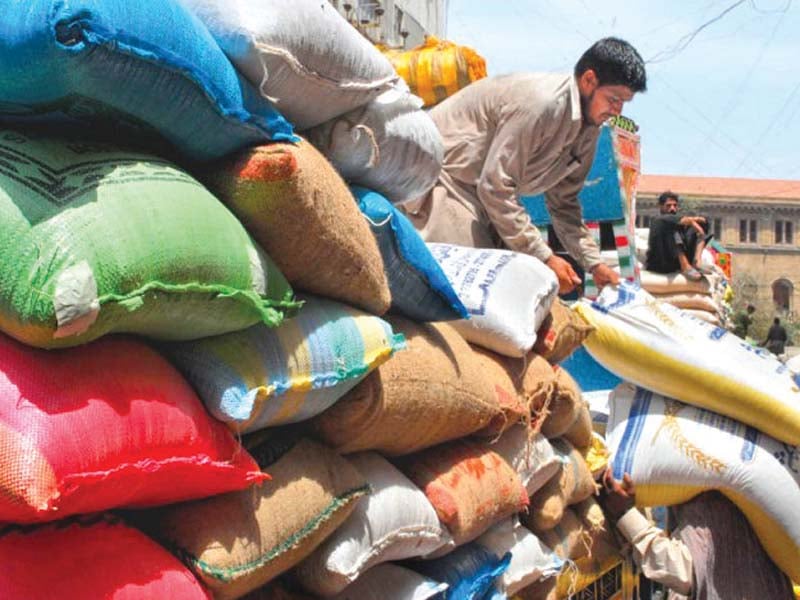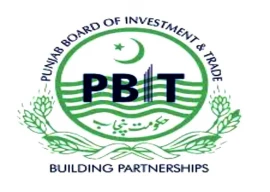
The federal government has decided to immediately release one million tons of wheat in the market in an attempt to arrest runaway prices of wheat flour and discourage hoarding of wheat.
The decision was taken here on Thursday in a meeting of the Economic Coordination Committee of the cabinet, headed by Finance Minister Dr Abdul Hafeez Shaikh.
The staple commodity, including two-year-old stocks, will be provided to provincial governments through the Utility Stores Corporation as well as to traders and flour mills.
It will be supplied from the stocks held by the Pakistan Agriculture Storage and Services Corporation (Passco). Of the total stocks of 5.83 million tons in the country, Passco has 2.3 million tons, Punjab 2.6 million tons, Sindh 600,000 tons, Khyber-Pakhtunkhwa 300,000 tons and Balochistan 200,000 tons.
The two-year-old wheat will be sold at Rs1,050 per 40 kg while last year’s stock will be provided at Rs1,100, says an official handout.
In the meeting, the participants described the recent spike in flour prices as artificial and speculative, stressing that there was no shortage of wheat in the country and stocks were far higher than the requirement.

Millers and wheat flour suppliers had started increasing prices since the government announced an increase in support price for the next wheat crop from Rs1,050 to Rs1,200 per 40 kg, a rise of 14.3%.
Experts believe that this decision is aimed at pleasing farmers at a time when elections are just around the corner, but caution it may lead to a substantial increase of 4% in inflation.
In order to ensure supply of required wheat in the market, the ECC constituted a committee comprising National Food Security Minister Mir Israrullah Zehri, Science and Technology Minister Changez Khan Jamali, Minister of State for Production Khawaja Shiraz, Special Assistant to Prime Minister Kamal Majeedullah and Ministry of National Food Security secretary. They will work in coordination with provincial governments.
According to the handout, the finance secretary gave a presentation on the state of economy. He stressed that despite global financial crisis, heavy floods, high oil prices and a bad security situation, the government had been able to maintain macroeconomic stability.
The ECC also approved a summary submitted by the Finance Division for abolition of investment limits for the NIT-State Enterprise Fund. NIT has been allowed to trade freely in order to keep a balance in prices of eight listed companies in which the government has substantial shareholdings.
Duty on sugar slashed
The committee also slashed excise duty on sugar. On a summary of the Federal Board of Revenue, it reduced the rate of federal excise duty for sugar mills to 0.5% from 8% as an incentive for export.
The reduced duty will only be applicable to the quantity of local sales equivalent to the quantity exported by sugar manufacturers in accordance with the export quota allotted and will be available on submission of proof of such export. The balance local supply will continue to be subject to 8% federal excise duty.
An official of the FBR told The Express Tribune that this would provide an estimated benefit of Rs8 billion to the influential sugar lobby of the country.
The committee also approved a commerce ministry’s summary seeking approval of freight subsidy to facilitate sugar export. The subsidy will be Rs1.75 per kg, which will come from the Export Development Fund.
Published in The Express Tribune, January 11th, 2013.
Like Business on Facebook to stay informed and join in the conversation.

















COMMENTS
Comments are moderated and generally will be posted if they are on-topic and not abusive.
For more information, please see our Comments FAQ